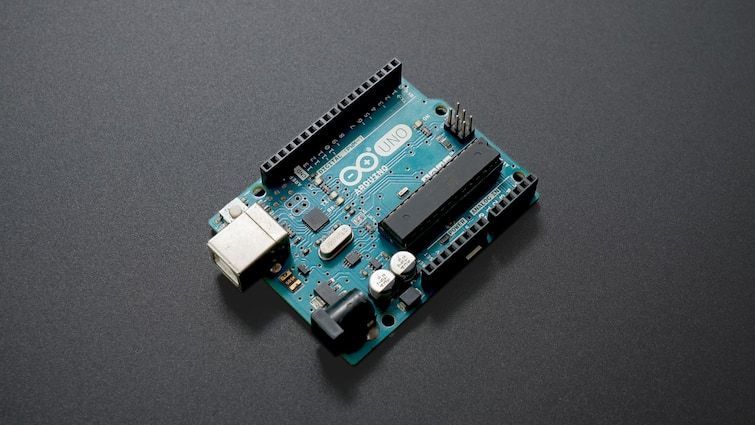TSMC to Halt Production of Advanced AI Chips for Chinese Clients

Taipei, Taiwan - Taiwan Semiconductor Manufacturing Co (TSMC), the world's leading contract chipmaker, has informed its Chinese clients that it will cease the production of their most advanced AI chips starting Monday, according to sources cited by the Financial Times. The company will no longer produce AI chips using process nodes smaller than 7 nanometres.
The decision is influenced by escalating US-China tensions over technological supremacy, particularly in the realm of artificial intelligence. The United States has been progressively tightening restrictions on the export of high-performance GPU chips to China, aiming to limit the country's advancements in AI technology. These restrictions are part of a wider strategy to prevent potential misuse of AI for activities like bioweapons development or cyber warfare.
US Tightens Export Controls
This comes on the heels of a $500,000 fine imposed by the US earlier this month on GlobalFoundries for unauthorized shipments to a Chinese affiliate of SMIC, a company on the US trade blacklist. Moving forward, any shipments of advanced AI chips from TSMC to China would likely require explicit approval from US authorities, complicating the already intricate semiconductor supply chain dynamics.
TSMC's Compliance Stance
In response to inquiries, TSMC issued a statement, "TSMC does not comment on market rumours. TSMC is a law-abiding company and we are committed to complying with all applicable rules and regulations, including applicable export controls."
Investigations and Implications
The halt in production coincides with an ongoing investigation by the US Department of Commerce into how a TSMC-manufactured chip ended up in a product by Huawei, a company heavily sanctioned by the US. This incident underscores the complexities and sensitivities surrounding the global tech trade, particularly between the US and China.
The implications of TSMC's decision could significantly impact China's AI development trajectory, potentially slowing down its technological progress in this critical field. Meanwhile, the US continues to navigate the delicate balance between national security concerns and the global demand for advanced technology.
